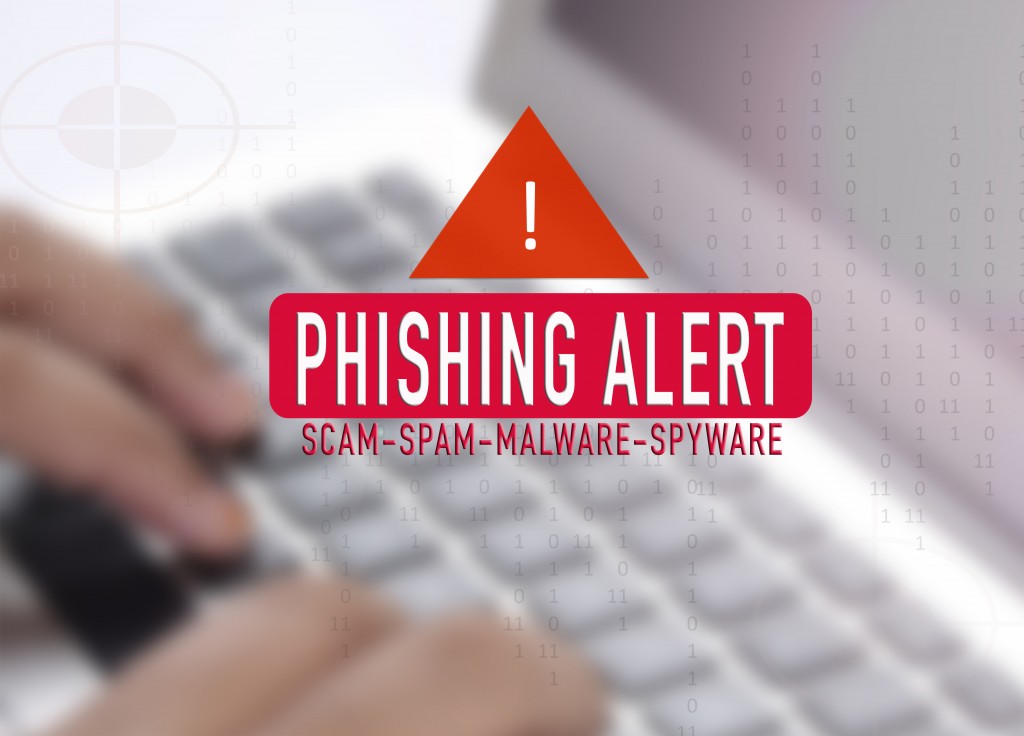Technology has brought about so much good to us. Because of the technological advancements and innovations made, we can experience a different kind of comfort and convenience that those who went before us did not.
Conveniences that allow us to communicate with people from different parts of the world like:
- Real-time messaging via text or chat
- Email messages that don’t require the use of the postal service or carrier pigeons
- Online voice calls as opposed to two-way radio
All of these things are possible because of the internet. Having a good internet connection, like one from Lingo.com, makes communication of any nature — whether business or personal — so easy.
However, these same technologies are being used by bad people to easily take advantage of others as well. We’re talking about cybercriminals who prey on clueless and careless individuals. If you’re not careful, you may end up falling victim to their ploys.
What is Phishing?
Phishing is a method of scamming that tries to gather vital personal information from certain individuals through emails, text messages, or phone calls. These pieces of information include personal identification, bank or credit card details, and passwords.
Any information gathered is then used by cybercriminals to gain access to people’s important personal accounts which end up in financial loss or identity theft or both.
What are some features of phishing messages?
Often, phishing messages come from people who are posing as legitimate institutions or establishments. This somehow “adds” to their credibility which makes it easier for them to lure you into their trap.
Look for the following signs whenever you receive suspicious messages or calls:
- The offer sounds too good to be true. If you receive a message saying you won an iPhone without even entering any contest, then most probably, you are being played. Lucrative offers and eye-catching deals are tailor-made to grab your attention. Most often, if an offer sounds too good to be true, then it is.
- There’s a sense of urgency to respond. Cybercriminals use either scare tactics or the “get-it-while-supplies-last” spiel to get you to act fast. In the case of scaring you into providing vital information online because of a threat of account suspension, keep in mind that legitimate companies give notices way ahead of time. Ignore these messages if you come across some.
- They come in the form of hyperlinks. Be careful when clicking on links. These may lead you to websites that will compromise your security. Always check the links by hovering over them first to see where they will take you. It would also be great if you also check if the link has the correct spelling like www.barkofarmerica.com. These links are designed to play with your eyes to trick you into clicking on them.
- You receive email or messages that contain unusual looking attachments. Malware usually comes in the form of attachments. When you click on these files, you activate the invading software that breaks into your system and hacks your online accounts.
- The message comes from an unusual sender. Even if it comes from a person you know, if anything seems out of place or suspicious, do not open the message.
How do I protect myself from it?

Here are a few ways to protect yourself and your all your personal and account information from phishing messages:
- Turn on your spam filter.
- Set your browsers to prevent fraudulent websites from opening.
- Regularly change your passwords.
- If you’re an organization, provide security awareness training to your people so they recognized the risks.
- Report phishing attempts immediately to industry groups that can take legal action against fraudulent sites.
- Change your browsing habits. Avoid unsafe sites that will put your system at risk.
- Always check any links sent in your email. Secure websites always begin with “https.”
Protect yourself from cybercriminals. Be alert and never divulge any personal or account-specific information to anyone other than those you trust. One of the best ways to fight phishing and other cyber crimes is awareness. Knowing is already half the battle.

